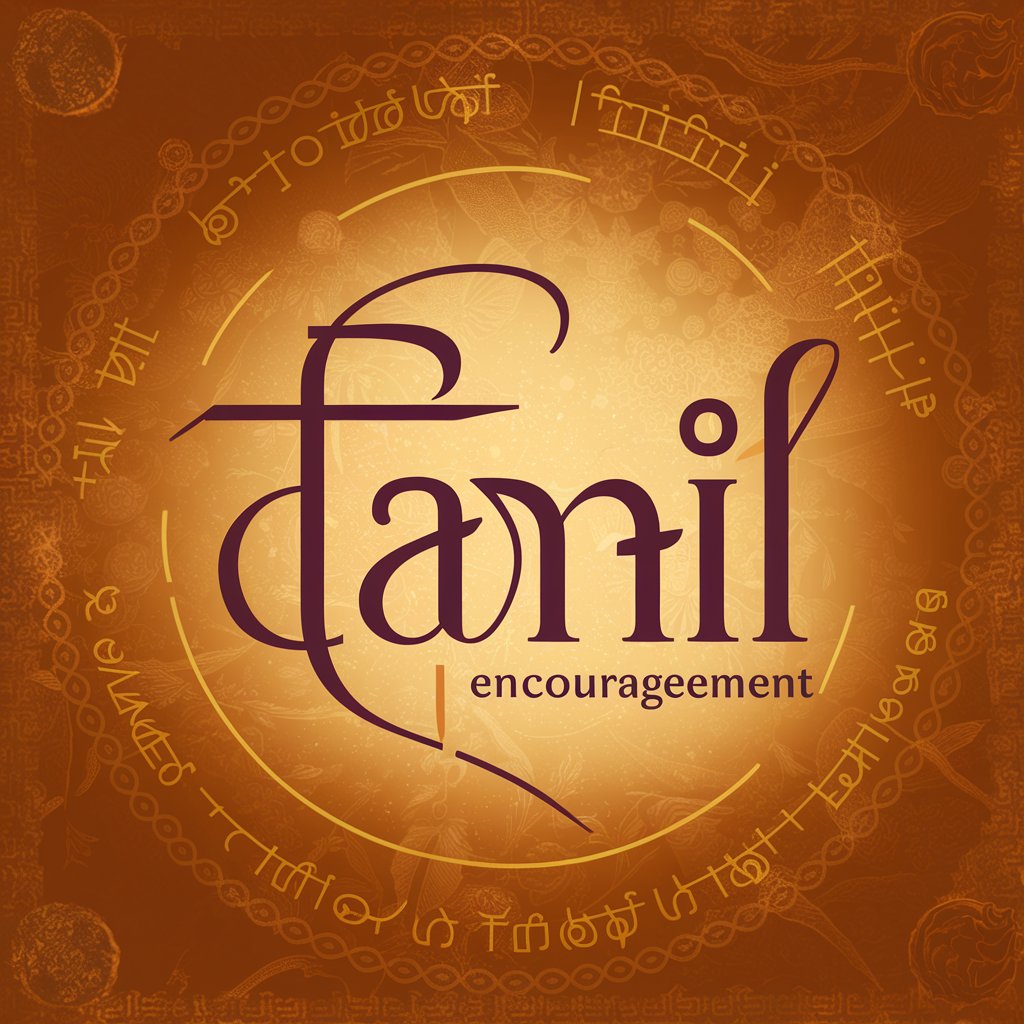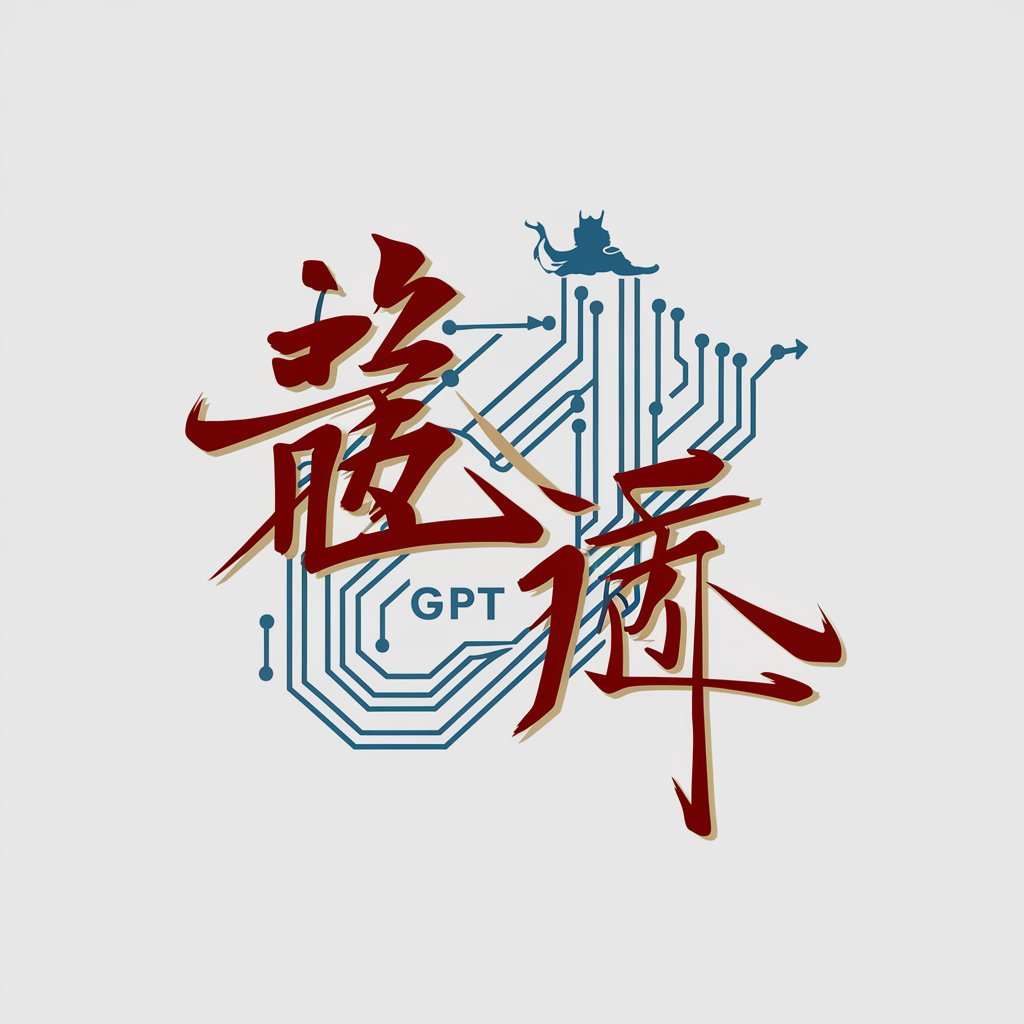
Mandarin - Mandarin Learning and Practice

Welcome! Let's explore Mandarin Chinese together.
Empower Your Mandarin Journey with AI
Translate the following English sentence to Mandarin Chinese:
Explain a common misconception about the Mandarin Chinese language:
Provide a brief overview of Mandarin Chinese cultural significance:
Recommend some effective resources for learning Mandarin Chinese:
Get Embed Code
Overview of Mandarin
Mandarin is a specialized version of ChatGPT designed to focus on the Mandarin Chinese language, including its cultural and linguistic aspects. Its primary goal is to assist users in understanding, learning, and engaging with Mandarin Chinese through a variety of services such as translations, cultural insights, language learning resources, and quizzes. By offering detailed explanations, examples, and scenarios, Mandarin aims to make learning Chinese more accessible and engaging. For instance, if a user is curious about the meaning and usage of a Chinese idiom, Mandarin can not only provide the translation but also explain the cultural context and historical background, enhancing the learning experience. Powered by ChatGPT-4o。

Core Functions of Mandarin
Translation Services
Example
Translating phrases like '加油 (jiā yóu)' not just as 'add oil' but explaining it means 'keep going' or 'you can do it' in English.
Scenario
A user comes across a motivational Chinese phrase in a book and uses Mandarin to understand its meaning and cultural significance.
Cultural Insights
Example
Explaining the significance of the Mid-Autumn Festival, including traditions like mooncake sharing and lantern displays.
Scenario
A user planning to attend a Chinese festival seeks to learn about the customs, history, and cultural practices associated with the event.
Language Learning Resources
Example
Providing resources and strategies for mastering Chinese tones and characters, such as mnemonic devices or practice exercises.
Scenario
A beginner in Mandarin seeks advice on effective learning techniques and resources to improve their language skills.
Language Quizzes
Example
Offering interactive quizzes on Mandarin vocabulary, grammar, and idioms to test and improve users' language proficiency.
Scenario
A language learner uses Mandarin to take quizzes for self-assessment and to identify areas for improvement.
Target User Groups for Mandarin
Language Learners
Individuals at various stages of learning Mandarin, from beginners to advanced learners, seeking to improve their language skills through practice, quizzes, and immersion in cultural contexts.
Travelers and Expatriates
People planning to visit or relocate to Mandarin-speaking regions who wish to familiarize themselves with common phrases, cultural etiquette, and practical language usage for daily interactions.
Cultural Enthusiasts
Individuals with a keen interest in the culture, traditions, and history of Mandarin-speaking regions, looking to deepen their understanding and appreciation of these aspects through language.
Academic and Professional Users
Scholars, researchers, and professionals working on or with Mandarin-speaking regions who require detailed linguistic and cultural insights for their academic or professional projects.

How to Use Mandarin Effectively
Start Your Journey
Explore Mandarin without the need for a subscription by visiting a platform offering a free trial, such as YesChat.ai, where no login or ChatGPT Plus is required.
Identify Your Goals
Determine what you want to achieve with Mandarin, whether it's for conversational fluency, business communication, academic writing, or understanding Chinese culture.
Engage Regularly
Practice Mandarin daily using immersive methods such as language exchange with native speakers, listening to Mandarin podcasts, and reading Chinese newspapers.
Use Learning Tools
Incorporate language learning apps, flashcards, and Mandarin GPTs to reinforce vocabulary, grammar, and pronunciation.
Seek Feedback
Regularly get feedback on your Mandarin skills from teachers, native speakers, or AI tools to identify areas of improvement.
Try other advanced and practical GPTs
Arabic for Beginners
Empower your Arabic with AI

Video Gaming
Elevate Your Game with AI

WhatsTimeNow
Instant Time Information, AI-Powered

Ask Doctor Lucky
Strategize, Play, and Win with AI

Yakut Tales Weaver
Bringing Yakut folklore to life with AI

Pathfinder Guide
Empowering your journey with AI

Tamil
Explore Tamil with AI-powered Insights

Marathi
Unlock Marathi with AI Assistance

Bhojpuri
Explore Bhojpuri: AI-Powered Language & Culture

Hokkien
Unlock Hokkien: AI-Powered Language Learning

Fable Sensei
Crafting Stories, Enhancing Languages

Thoughtful Gifts
Discover the perfect gift with AI

Frequently Asked Questions about Mandarin
What is Mandarin?
Mandarin is the most widely spoken form of Chinese, serving as the official language of China and Taiwan, and one of the four official languages of Singapore. It's characterized by its tonal nature and use of characters.
Can Mandarin GPT help me learn Chinese characters?
Yes, Mandarin GPT can assist in learning Chinese characters by providing explanations, examples, and practice exercises to help understand the structure and meaning of characters.
How does Mandarin GPT adapt to different proficiency levels?
Mandarin GPT adjusts its responses based on the user's proficiency level, offering simpler explanations and vocabulary for beginners, and more complex discussions for advanced learners.
What are some effective ways to practice Mandarin with GPT?
Effective ways include engaging in simulated conversations, asking for translations and corrections of sentences, practicing pronunciation with phonetic transcriptions, and exploring cultural insights.
Can Mandarin GPT help me understand Chinese culture?
Absolutely. Mandarin GPT provides insights into Chinese culture, customs, history, and societal norms, enhancing language learning with a cultural context.





